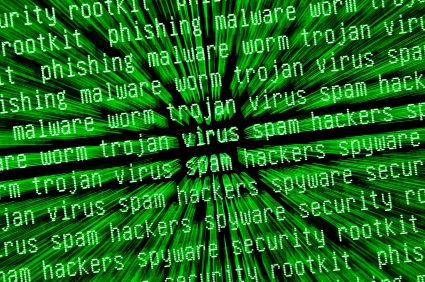Cyber gangsters failed attack on a research firm working on the Covid-19 vaccine, despite earlier claims by many ransomware groups including Maze (the offender) that they would avoid targeting healthcare.
Please see the comment below about how the healthcare sector can better protect itself against these type of attacks, including securing the cloud based data that remote working relies upon, covering up the unique IT vulnerabilities of the sector, the importance of IT infrastructure more widely and why attacks of this nature are likely to persist.
The opinions expressed in this post belongs to the individual contributors and do not necessarily reflect the views of Information Security Buzz.



